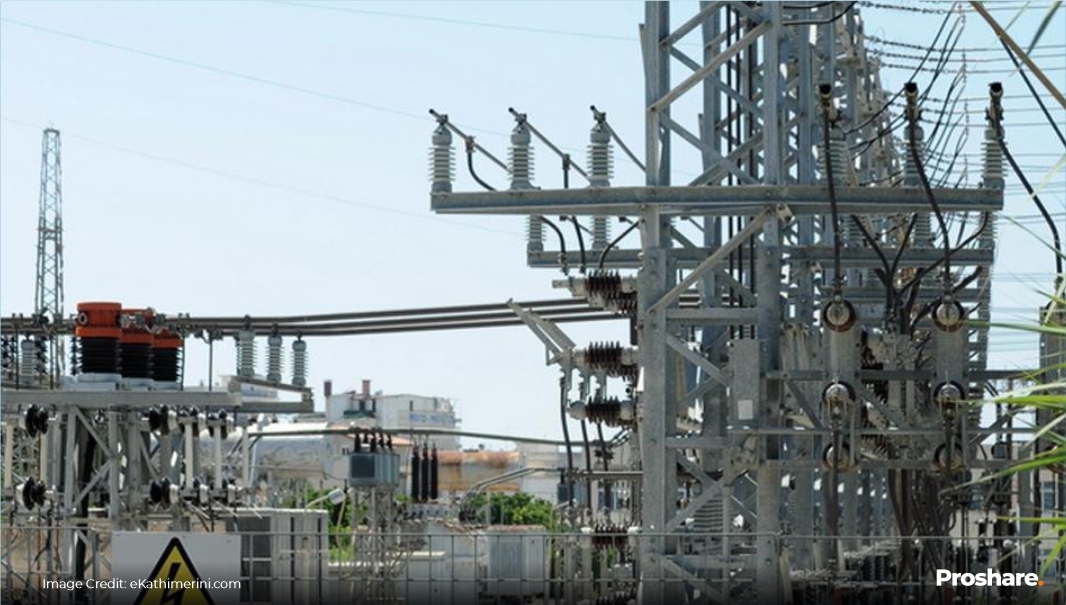The Presidency has initiated internal approval processes to settle the ₦2 trillion legacy debt owed to electricity generation companies by the end of the next quarter, as part of efforts to stabilise Nigeria’s power sector.
This was revealed on Monday by a representative of Eriye Onagoruwa, Special Adviser to the President on Energy, during the second Nigerian Electricity Supply Industry Stakeholders Meeting of 2025, organised by the Nigerian Electricity Regulatory Commission.
Onagoruwa noted that the Presidency recognises the urgency of resolving the debt burden, which has placed significant pressure on GenCos and disrupted electricity supply across the country. She added that, given current fiscal constraints, the Federal Government is considering alternative debt instruments to facilitate the repayment.
She said “We are empathetic to what GenCos are facing.
“We are exploring alternative debt instruments, and I can confirm that both the Coordinating Minister of the Economy and the Debt Management Office are aligned with this effort. Internal approvals are currently underway.”
Although she did not provide a definitive timeline, Onagoruwa expressed optimism that a clear update would be available before the next quarterly NESI Stakeholders Meeting, indicating that progress could be announced within the next three months.
“I hope by the next NESI meeting, I will be able to share a clear update,” she said.
It was earlier reported that Gencos had issued a warning to the Federal Government over the continued accumulation of debts now totalling over N4tn.
The Senate Committee on Power recently voiced concerns over the ongoing liquidity crisis in the power sector, noting that tariff shortfalls suggest the government owes electricity generation companies approximately ₦200 billion each month.
The Senate Committee on Power has disclosed that the Federal Government has not made any payments to electricity generation companies since the start of the year, causing the outstanding debt to rise to approximately ₦800 billion.
At the recent Stakeholders Meeting, regulators, operators, and other key players across the electricity value chain came together to address persistent challenges and advance critical reforms in the sector.
Key issues discussed included the growing metering gap, the Presidential Metering Initiative, the proposed Meter Asset Fund, and the planned establishment of the Nigerian Independent System Operator. Stakeholders also deliberated on the transition to a multi-tier electricity market and the emerging role of newly established State Electricity Regulatory Commissions.
The Acting Managing Director of the Nigerian Bulk Electricity Trading Plc, John Akinnawo, warned of the potential risk of market fragmentation amid decentralisation efforts driven by the Electricity Act 2023. He called on the Nigerian Independent System Operator to lead efforts in ensuring policy and operational alignment across the sector.
NISO’s Managing Director, Abdu Mohammed Bello, delivered a comprehensive briefing outlining the agency’s vision, mission, and core responsibilities, emphasising its role in enhancing transparency, system coordination, and operational stability within the evolving electricity market.
Stakeholders at the meeting welcomed the Presidency’s commitment to resolving the GenCo debt, expressing optimism that the combined reform efforts would help reposition Nigeria’s electricity supply industry for long-term sustainability.










